The 2026 cycle of the ACS Pride Merck Graduate Award recognizes six stellar graduate researches in the chemical sciences. From computational photochemistry to drug discovery cheminformatics, the range of disciplines capture a snapshot of the future of chemistry. Join the ACS Division of Professional Relations in Atlanta, GA, from March 22-26, 2026, to celebrate these research scholars and learn more about their work.
2026 ACS Pride Merck Graduate Award recipients
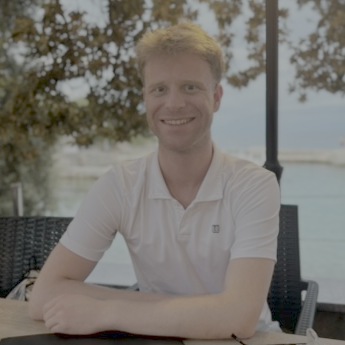
Thomas Knoll [he/him], Stony Brook University
Thomas Knoll is a 5th year PhD candidate in the group of Prof. Ben Levine in computational photochemistry. His research focuses on the implementation of a quantum chemical method to simulate laser experiments. Before joining Stony Brook and the Levine group in August 2021, Thomas received his B.S. in Chemistry and Biochemistry and his M.S. in Chemistry from the Ludwig-Maximilians-University Munich, in Germany. During his M.S. he did an exchange semester at the Sorbonne Université in Paris and a research internship in Vienna. He was born in Austria, where he also grew up and in his free time he likes dancing, hiking and going to the beach. He also likes to go to group fitness classes in the gym.
His motivation to do chemistry research? “Pushing theory and applications of quantum chemical methods forward. By doing this, we can make a positive impact on society.”
One piece of advice for navigating the chemical sciences: “Don’t be afraid to show who you really are. Science can only thrive in its best way where diversity is embraced.”
Kenneth (Ken) Lopez-Perez [he/him], University of Florida
Kenneth (Ken) Lopez-Perez (he/him) is a fourth-year PhD student in Chemistry at the University of Florida. Originally from Costa Rica, he completed his undergraduate degree in Chemistry at the University of Costa Rica before moving to Gainesville to pursue graduate studies. His research focuses on developing novel and efficient similarity-based cheminformatics tools that support early-stage drug discovery by improving the analysis of ultra-large molecular libraries. Ken has taught General Chemistry courses both at the University of Costa Rica and at UF. In addition, he has done research in chemical education, exploring the incorporation of AI into the classroom. In the future, Ken hopes to continue teaching in some capacity while also pursuing a career in industry, where he aims to contribute to computer-aided drug design. Outside the lab and classroom, Ken enjoys going to the gym, dancing hip-hop, and attending concerts.
His inspiration to study chemistry? “The seamless intersection with other branches of science and the ability to contribute to the discovery of new molecules that can improve people’s lives.”
One piece of advice for navigating the chemical sciences: “Do not be discouraged by environments where the LGBTQ+ representation is not welcomed. Once you continue in your career, you are going to be able to create more welcoming spaces that future generations are going to appreciate, and it will be very rewarding for you.”
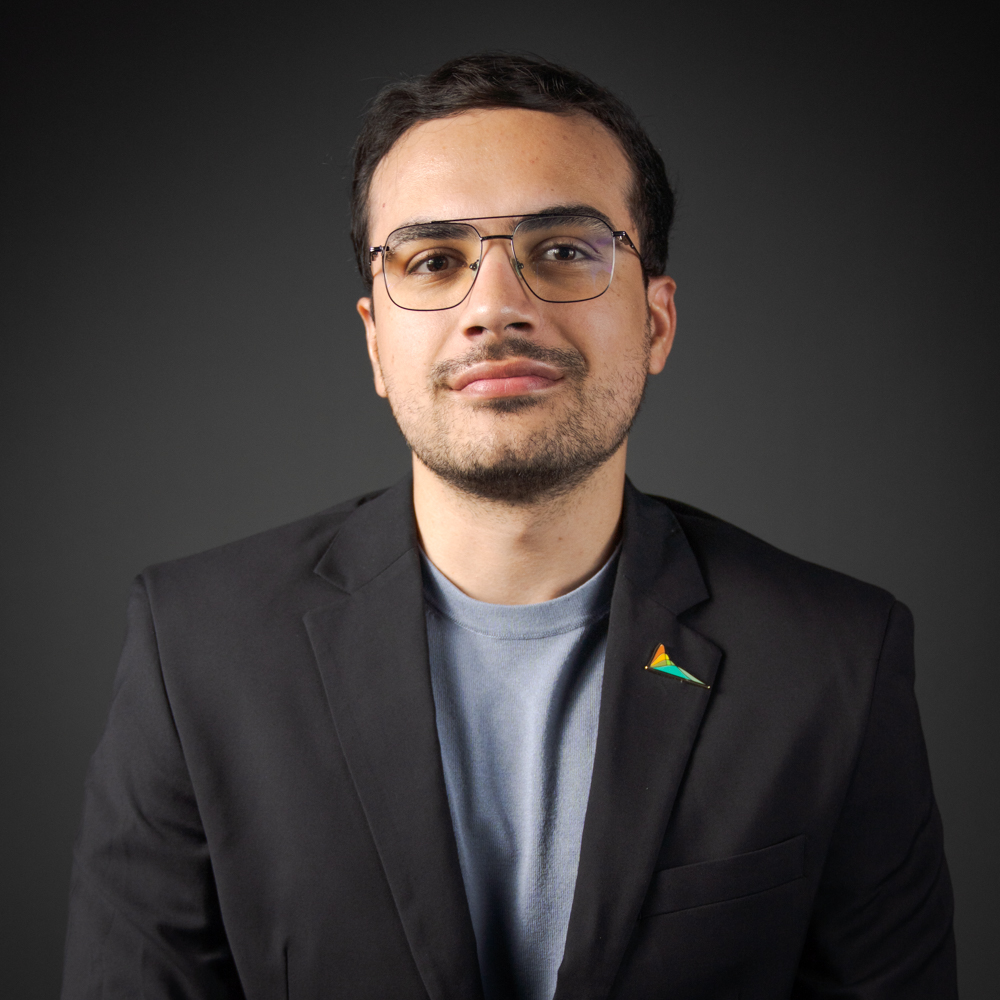
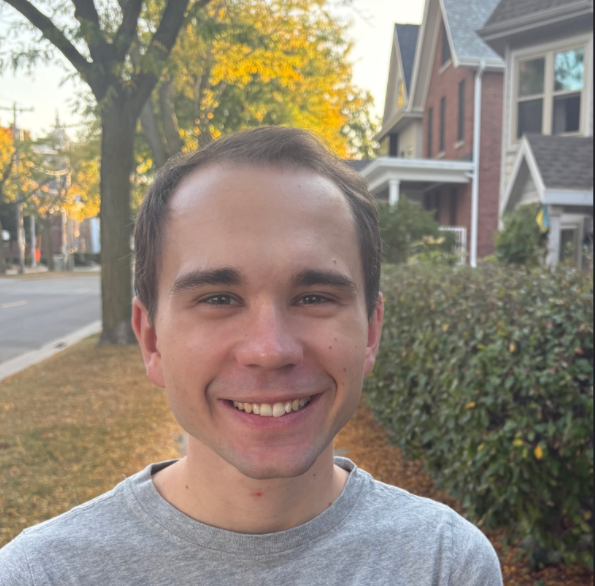
Max Neumann [he/him], University of Wisconsin – Madison
Max Neumann grew up in Wuppertal, Germany, and received his B.Sc. in Chemistry and Biochemistry and his M.Sc. in Chemistry from Ludwig-Maximilians-Universität München, where he conducted research with Professors Paul Knochel and Oliver Trapp. In 2021, he carried out research abroad with Professor Tianning Diao at New York University. He joined Professor Tehshik Yoon’s laboratory at the University of Wisconsin–Madison in Fall 2022, where he is currently pursuing his Ph.D. research on intramolecular [2+2] photocycloaddition reactions.
His motivation to do chemistry research? “I’m motivated by the problem-solving side of chemistry. I enjoy designing, studying, and improving reactions to explore new ideas, and I find it especially rewarding when that success grows out of teamwork and shared curiosity.”
One piece of advice for navigating the chemical sciences: “Seek out mentors and role models who value and support you, and when you get the opportunity, be that person for someone else. Creating the community you needed when you started can make all the difference in helping others thrive in chemistry.”
Jan Michael Salgado [he/him], McGill University
JM earned his Bachelor’s in Food Technology and Master’s in Biochemistry from the University of the Philippines, working on multi-step synthesis of carbohydrates and its evaluation as potential anti-tuberculosis drugs. After working for 2 years as a chemistry lecturer at Ateneo de Manila University, he moved to Canada to start his Ph.D. studies in Organic Synthesis and Catalysis. At McGill, he is focusing on the development of novel synthetic methodologies with emphasis on photo-, bio-, and metal catalysis in the lab of Prof. CJ Li.
What brings him joy right now? “Right now, I’m doing a project that involves a lot of multidisciplinary collaboration and I love how I get to interact and work with scientists from other disciplines (biology, machine learning, etc.) to solve a problem! Everyone brings something unique to the table and it’s so exciting to work with them.”
One piece of advice for navigating the chemical sciences: “Surround yourself with people that accepts and supports who you are. It might take a while and you will probably encounter hurdles along the way, but they exist. Most of all, you also can and should be that person for yourself and others.”
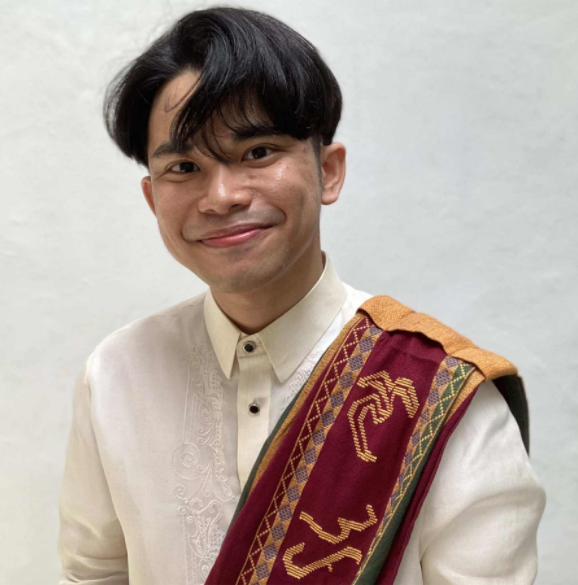
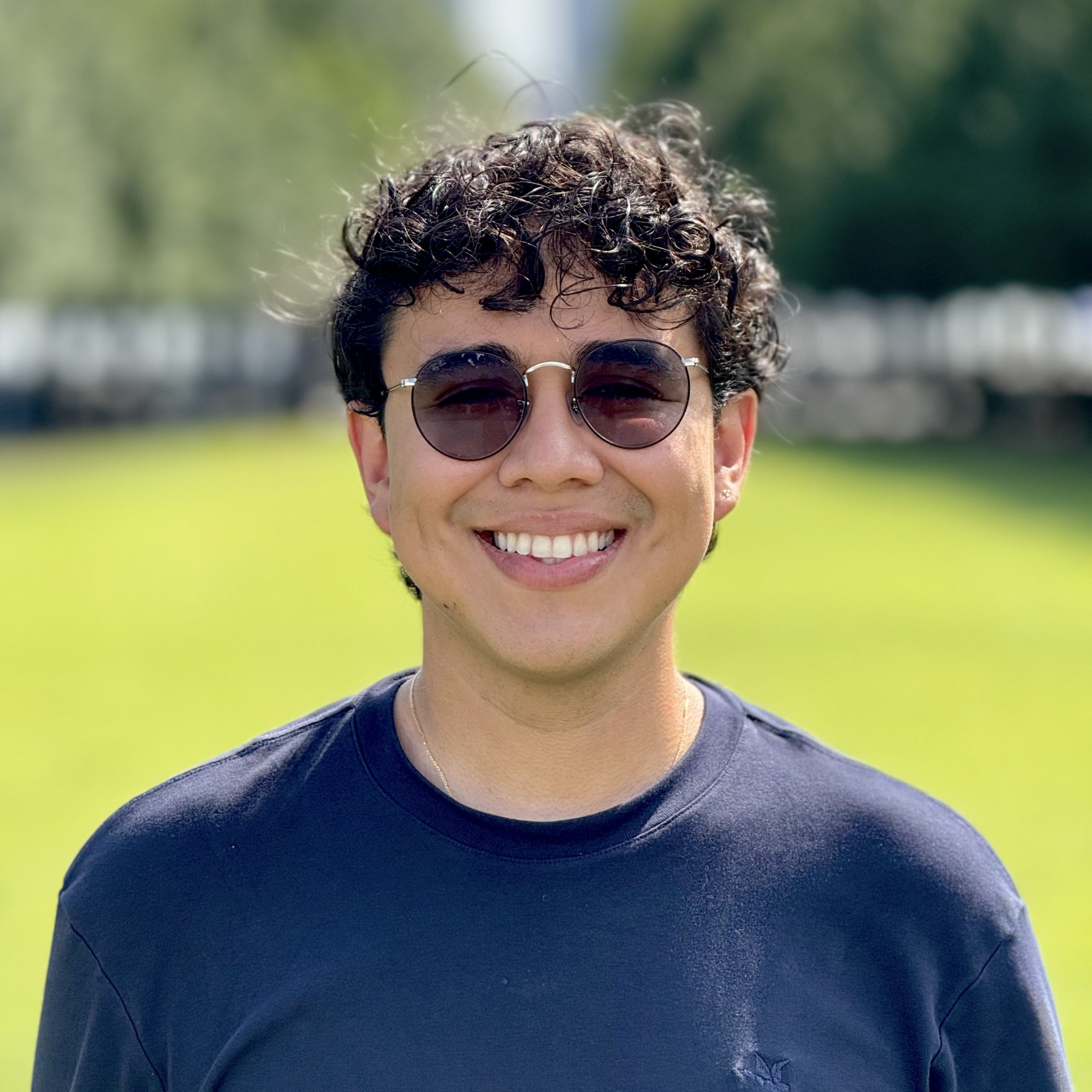
Sebastian Urbano [he/him], Tufts University
Sebastian Urbano is a first-generation Ph.D. student from Colombia at Tufts University studying how mitochondria replicate their DNA. He uses kinetics and biochemistry to understand how the enzymes involved in this process coordinate with each other to keep the mitochondrial genome stable. He is fascinated by how these small organelles manage such precise chemistry to sustain life.
What brings him joy right now? “Painting lately. It gives me space to think freely and enjoy color and movement without worrying about structure or outcome.”
One piece of advice for navigating the chemical sciences: “Your identity gives you a unique way of seeing patterns, solving problems, and building community. Surround yourself with people who celebrate that, and remember that authenticity and good science are never mutually exclusive.”
Kevin Zong [he/him], Scripps Research Institute
Kevin was born and raised in Queens, NY, and earned his undergraduate degree from the University of Chicago. He is now a third-year graduate student in the Shenvi Lab at The Scripps Research Institute, where his research focuses on developing methods to harness carbene reactivity through base metal catalysis from innocuous starting materials. In his free time, Kevin enjoys staying active with friends — whether that’s going to the gym, cheerleading, dancing, or jumping at a concert.
What keeps him motivated to do chemistry research? “What keeps me motivated is how quickly ideas can turn into action. It’s really satisfying to come up with an idea and then test it right away in the lab. Every experiment feels like a mini hypothesis that adds up to a bigger story.”
One piece of advice for naviating the chemical sciences: “Science has always been inherently queer — it thrives on curiosity, difference, and the unexpected. The very things that make you unique are what make you a great scientist.”

Learn more about the ACS Pride Graduate Merck Research Award on our website. Follow ACS Pride on LinkedIn and Instagram to learn more about the recipients in the coming months and the subdivision’s activities to bring the LGBTQ+ community and its allies together.

